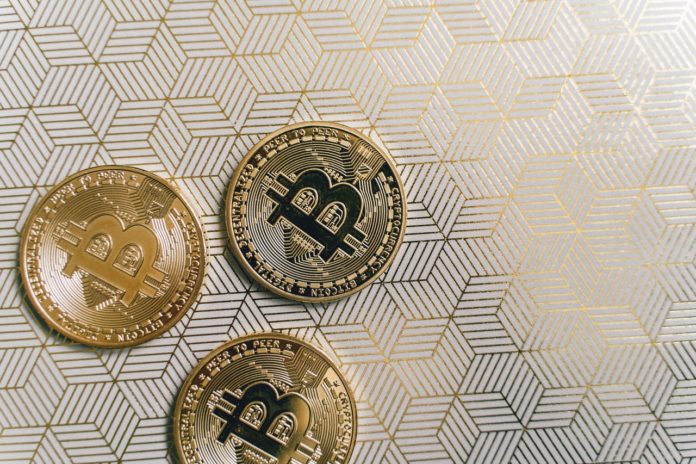Bitcoin is the most successful of hundreds of attempts to utilise cryptography to produce virtual money. Hundreds of imitators have followed in Bitcoin’s footsteps, but it remains the largest cryptocurrency by market capitalisation, a position it has held for more than a decade.
Bitcoin, like traditional currency, is created and has systems and safeguards in place to avoid fraud and ensure that its value increases. Blockchain, mining, hashes, halving, keys, and wallets are the fundamental components of Bitcoin.
Here is a to-do list to keep handy before you buy Bitcoin:
Research Thoroughly
The best method to learn more about a cryptocurrency is to read its whitepaper, which contains all you need to know about the currency, including its use cases, scalability, plans, community interaction, and growth prospects. If all of this sounds too complicated, crypto educational platforms can provide you with all your required information.
You are not needed to purchase a complete Bitcoin
You do not need to purchase a complete Bitcoin. You can simply purchase a portion of one. Bitcoin, in reality, is highly divisible, down to eight decimal places. In other words, you may buy Bitcoin in one-hundredth-of-a-coin increments (each of these minuscule units is known as a “Satoshi,” after Bitcoin’s enigmatic creator). Many exchanges have minimum trade quantities, although they’re usually in the $5 to $10 level, not the $60,000 or so that a full Bitcoin costs.
You’ll almost certainly have to pay a fee to buy Bitcoin
Even if you see “no transaction cost,” buying Bitcoin isn’t free. Most Bitcoin sellers profit from a “spread,” or the difference between the price they sell Bitcoin for and the amount they pay for it. This is generally between 1% and 2% of the total cost. On top of that, several services, including a couple of our favourite bitcoin exchanges, levy a transaction fee. These fees should not deter you from purchasing, but you should be aware of them.
Suspecting it’s a bubble isn’t going to help you
Many investors are familiar with the concept of a bubble, which occurs when the price of an item exceeds its actual value, and many educated individuals are worried that bitcoin is a bubble. Despite their worries that the currency’s price is unrelated to its value, many people have invested in it with a little caution.
Bitcoin can be stored in a variety of ways
Similarly, keep in mind that holding your Bitcoin in the same location where you got it is only one option. If you are concerned about the security of your Bitcoin, on the other hand, you can utilise a cryptocurrency wallet instead.
A wallet can provide you with varying levels of security. You can store your Bitcoin offline with a hardware wallet (basically a customised hard disc that isn’t linked to the internet).
If you’re a casual Bitcoin buyer, taking such precautions may not be necessary, but if you plan to invest thousands of dollars in Bitcoin, it’s a good idea.
There is a distinction between trading Bitcoin and investing in Bitcoin
When it comes to Bitcoin and other cryptocurrencies, it’s critical to understand the difference between trading and investing. Buying Bitcoin and holding it for the long term is referred to as “investing.” “Trading” implies that you are purchasing it with the expectation of a speedy increase in value and profit.
The former can be a useful addition to a well-diversified investment portfolio, whilst the latter should be addressed with caution. Trying to time the price of any investment is usually a losing struggle, and since buying and selling Bitcoin isn’t free, the costs can quickly pile up if you purchase and sell regularly.
FOMO frequently backfires
Crypto-millionaire success stories. Thanks to bitcoin, people are buying houses. How could you not be concerned about missing out?
“Herding” is a social prejudice that many investors fall prey to. They follow the pack, believing that everyone knows more than they do and that safety is found in numbers.
In most cases, such investors are mistaken on both points. In truth, the rest of the “crowd” is also influenced by the same delusions.
It’s critical to safeguard your passwords
When it comes to avoiding data breaches and large-scale theft, cryptocurrency exchanges are extremely safe. Most Bitcoins stored by our preferred cryptocurrency exchanges are kept in cold storage (i.e., it’s not linked to the internet), and insurance covers theft.
However, if your account is only hacked, nothing can be done to protect you. If someone steals your password or uses your phone to validate a transaction, for example, you won’t be able to recover the funds, unlike with a credit card or bank account.
Once Bitcoin has been transferred out of your account, it is no longer available. As a result, it’s critical to utilise strong passwords and protect your account’s security.










